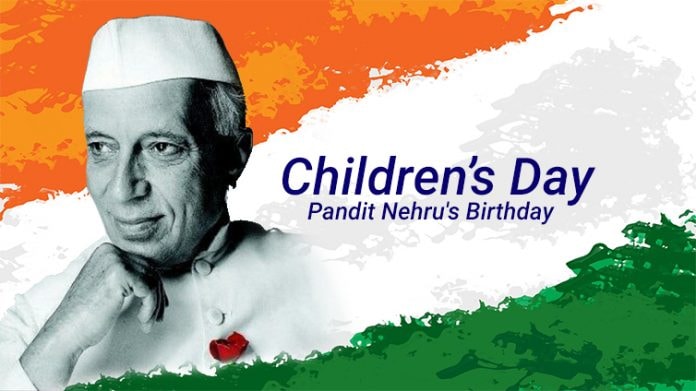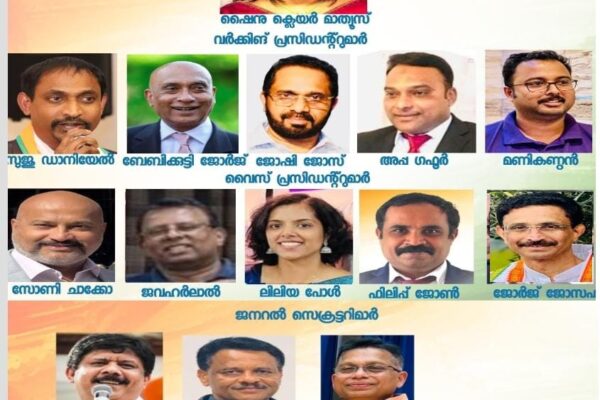
By Dr. Cyric Maprayil
The first half of the twentieth century witnessed a clear failure to achieve peaceful national co-existence, which had been set as an ideal by the Western community of nations. Two disastrous wars took place. Even the Western system of peaceful co-existence that was founded on the concept of balance of power and which drove nations to alliances to preserve peace inspired by the fear of one country about its neighbour’s military capacity broke down. As an alternative, there came the vision of another system of peaceful co-existence, founded on confidence in and respect for national interests and existence based on the position that diversity in national outlook or ideology did not preclude the possibility of cooperation for certain objectives. that transcend national boundaries.
Nehru, through whose learned lips India spoke, felt he had a mission to fulfill. He preached his theory of peaceful co-existence with its implicit moral undertones to fill the moral vacuum that seemed to exist in the Western approach to international! relations, especially in the era that followed the Second World War. His decision to keep India in the Commonwealth seemed to be indicative of that approach. He saw the United Nations. as one avenue for the pursuit of that goal and the Commonwealth of Nations as another. The Indian precedent that turned the Commonwealth into an association where representatives of different civilizations met and discussed their problems with confidence and respect established a new pattern of action and outlook for millions in Asia and Africa. They gradually began. to share that same sense of mission in the world together with India. As an antithesis to an imperialism that was “exclusive” and that believed in physical force this was a “new, all-embracing” liberal internationalism that stood for moral force.
(Pandit Nehru, affectionately known as Chacha Nehru, held a deep fondness for the younger generation. He believed that the destiny of the nation rested in the hands of its children, emphasising the crucial need to educate and nurture them appropriately. Until 1959, India had traditionally celebrated Children’s Day on November 20, aligning with the United Nations’ observation. However, following Nehru’s passing, November 14 was chosen as Children’s Day in tribute to his legacy.)






